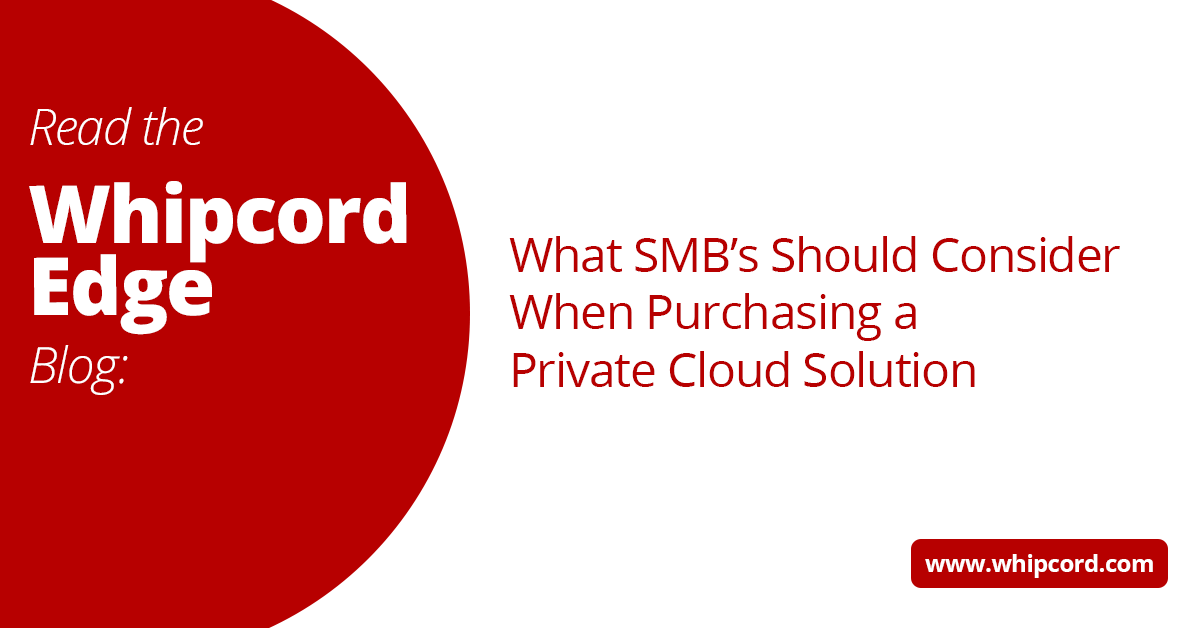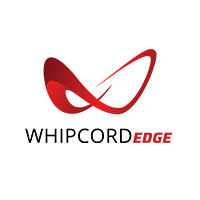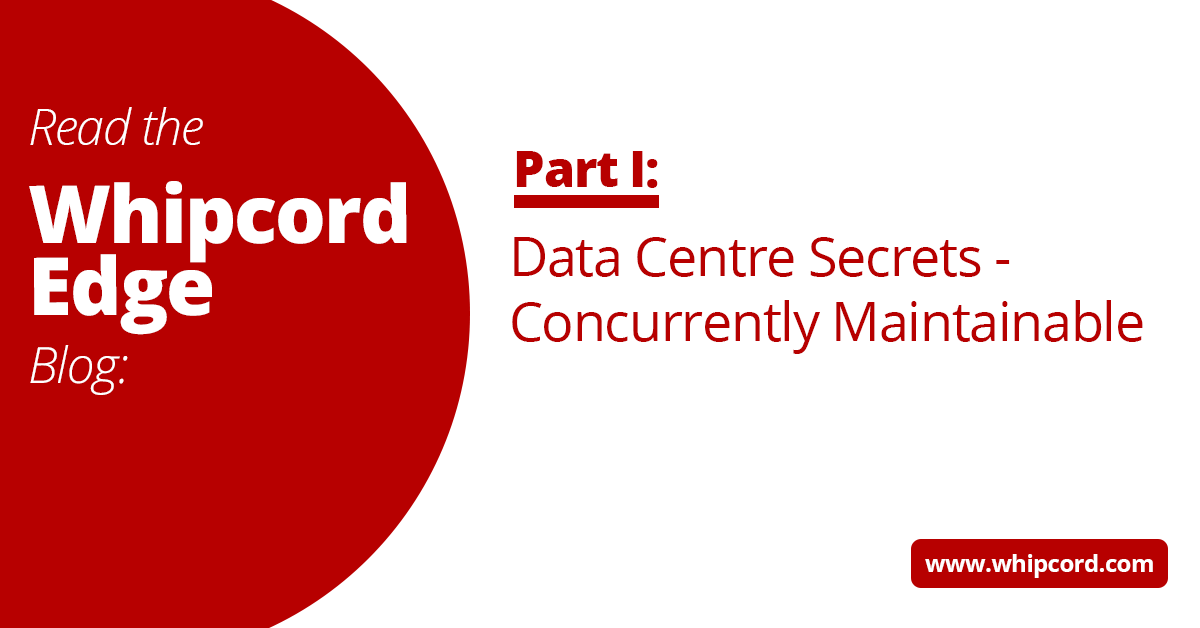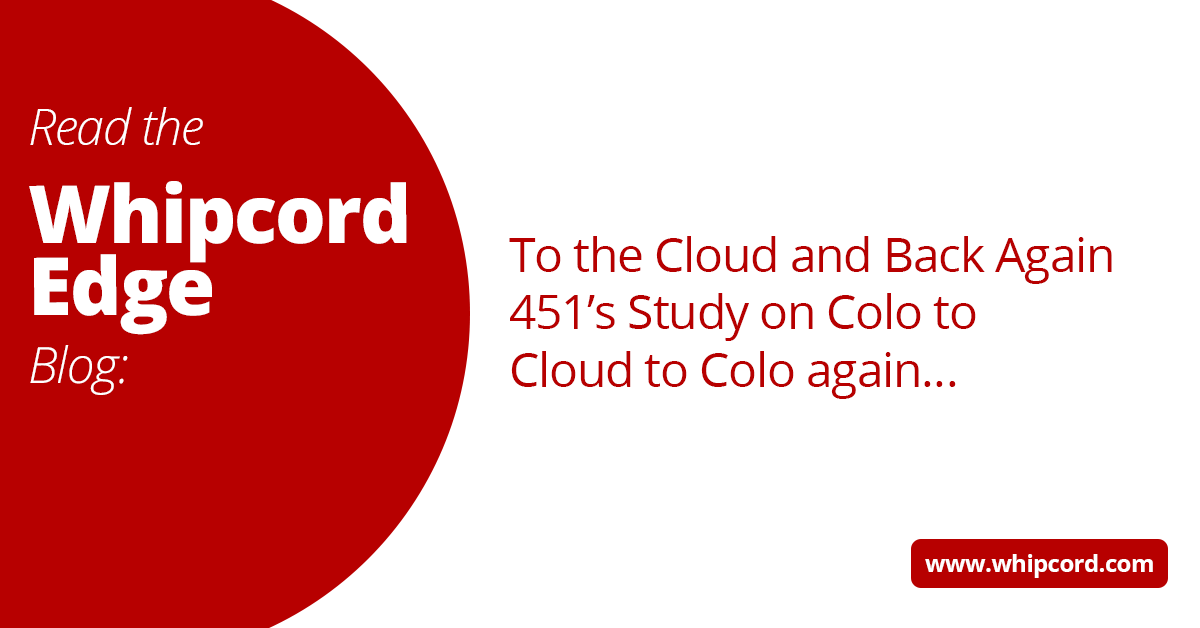The Internet has changed the way we do business in an uncountable number of ways. It’s hard to say which Internet-based innovation has changed our world the most, but if we were to make a list, cloud services would be very near the top.
Cloud services are, quite simply, computing services delivered over the Internet. Gmail (and related Google Workspace services) are probably among the most ubiquitous examples of cloud services. Office 365 is another great example.The chances that cloud-based services are already essential to your business are very high. If you use Gmail for business, you’re already on the cloud.
This article is focused on businesses who are looking to expand their use of cloud-based services - specifically, those looking to take advantage of a Private Cloud solution, sometimes known as IaaS.
The types of cloud services
Broadly speaking, there are three types of cloud-based services:
- Software-as-a-Service (SaaS)
- Platform-as-a-Service (PaaS)
- Infrastructure-as-a-Service (IaaS)
SaaS is the most commonly used cloud service. Tools like Slack, Office 365, and Xero Accounting are all SaaS. SaaS is appealing because it requires little to no management - you simply purchase the software and start to use it. You don’t need to worry about server management, databases, or even storage; though backing up your data will still be important. If your SaaS provider does not support backups, be sure to ask Whipcord Edge about their robust backup solutions.
PaaS is the least commonly used cloud service - it’s made for app developers. You develop the applications, while storage, databases, servers, etc. are managed by the PaaS owner. They provide you a platform, so you can build.
IaaS, otherwise known as Private Cloud, is a popular method of increasing the data storage and computing power of your business.
With IaaS, some level of infrastructure is provided. This can include computing, storage and networking, depending on what the buyer requires. One thing to be cautious of is that not all IaaS/Private Cloud solutions are the same. Some are designed with software developers in mind and are complex to use. Others come with complicated billing structures that may contain unwanted surprises.
Whipcord Edge’s IaaS/Private Cloud offering is fully managed, requiring no specialized knowledge, we provide predictable billing and a solution that is built on a secure, and fault-tolerant platform. In addition, we can offer Colocation services and dedicated hosting, so you no longer need to incur large CapEx.
Let’s take a look at some of the things you’ll want to consider when transitioning to an IaaS/Private Cloud solution.
Agility and security
Generally, when you sign up for a cloud service, there is going to be a trade-off between agility/accessibility and security. Imagine, for example, you’re considering a Cloud based virtual server versus a physical server. The security for a physical server, in a data centre, can be controlled by you and be made VERY secure. Think about it like this. You could completely lock down your server - disconnect it from the Internet, and only transfer files via your internal network. You could go even more secure, and eliminate wireless connections altogether.
Secure as it may be, this is obviously a very bad idea. One of the advantages of cloud computing in the IaaS field is accessibility. Transferring and storing files become incredibly easy. Backups and security updates can be rolled out regularly by your provider. That means IaaS solutions are agile and efficient. With Public Cloud solutions, however, there’s a level of security that’s missing. It’s more difficult (or impossible) to implement custom security protocols. Minimal technical control also means you’re limited in your ability to ensure hardware and software meet your compliance requirements.
Private Cloud solutions like Whipcord Edges’s help address these security concerns. Virtual environments are logically segregated and hardware can even be dedicated exclusively to you. Custom security protocols are easy to implement and your provider can usually help - try and get that in the Public Cloud! That’s why you should always go with tried-and-true IaaS from trusted companies. Spend some time getting to know them and their customer service model. Are you important to them, or just a number?
IaaS is incredibly secure - most providers have 24/7 security, redundant power generation in case of an outage, security cameras, biometric access controls, and other state-of-the-art security features. There’s also a ton of network security features. Trusted IaaS providers are an incredibly safe bet.
IaaS is also incredibly agile - you can serve a completely remote team with lightning-fast connections. You can find managed IaaS, so you don’t need to tinker with server settings. Alternatively, your IT team can handle all the specs. They can host sensitive and important technology on a server they control. You can put the server in your IaaS provider's data center so it is safe and secure, and directly connect it to your IaaS environment. There is lots of flexibility out there if you find the right IaaS partner.
Affordability
For SMBs, cloud-based services are often more affordable than non-cloud-based services. Many cloud-based services are inherently scalable - you only pay for what you need. For businesses who already have servers and other big ticket hardware, colocating them is a great option. Most providers offer protected power with generators and UPS systems, high security and often accreditations like SOC2.
If you need to scale and grow, you can augment with IaaS services. When your hardware starts to get older, you can consider replacing it, or using more IaaS services. It can save a lot of overhead and you can do it slowly over time. Your IaaS provider’s data centre is built to provide protected power to servers, and they’ve already purchased top-of-the-line networking technology. Colocating your equipment with them can be done at a fraction of the cost of purchasing and maintaining that infrastructure yourself.
With so many companies going remote, having servers in your office doesn’t always make sense. These days, it can be difficult for IT staff to get access and most companies are looking to downsize their office space.
Transitioning smoothly
The final consideration we want to discuss is how to smoothly transition between a non-cloud service and a cloud service (or one cloud service to another). The best way to do this is to talk to your IT staff, and the staff of the company providing the service. They can help you migrate any sensitive data securely.
Some companies aren’t quite sure what to do yet. They have some servers, are thinking about the cloud. Finding an IaaS partner that your IT team can trust and work with can get you started on the right balance for your business. Most organizations end up with a hybrid model. These models allow you to continue to control sensitive equipment secured in a data centre while outsourcing the infrastructure for your other servers.
Hybrid cloud solutions also allow you place your applications where they make sense. You can use Public Cloud servers like Azure and AWS in conjunction with Private Cloud services like Whipcord Edge Private Cloud and even network directly with your Colocated servers..
Cloud-based services are here to stay, and almost every SMB will use them in some capacity. When you’re looking for an IaaS/Private Cloud Solution, we can help. Whipcord Edge can take your business to the next level by providing secure infrastructure. We’ll increase your computing, networking, and storage capacity - all while lowering your CapEx.
To learn more about Iaas/Private Cloud visit - https://www.whipcord.com/private-cloud
-1.png?width=1092&height=792&name=logo%20(1092x792)-1.png)
%20copy(black%20letters).png?width=1092&height=792&name=logo%20(1092x792)%20copy(black%20letters).png)




.png?width=100&height=91&name=white%20logo%20(100x91).png)